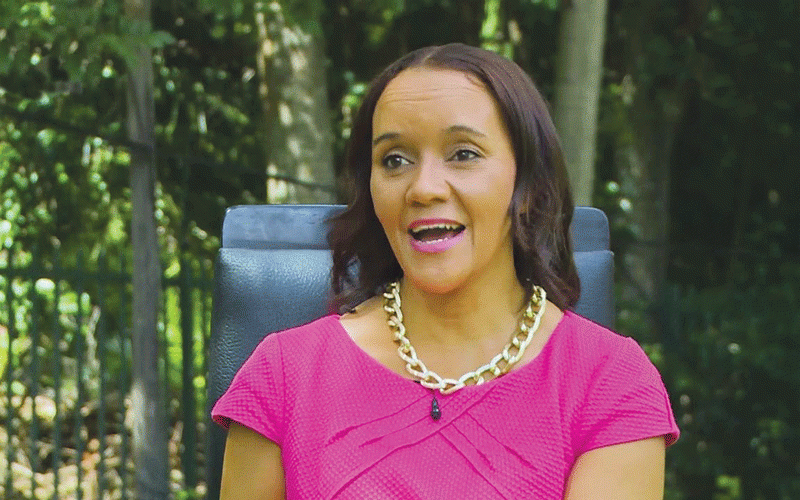
WOMEN’S rights’ groups have cited political intimidation and violence as the major reason why fewer women participated in the August 23 and 24 elections compared to 2018.
While women constitute the majority of the country’s population, over the years, women’s participation in politics has been declining with only 11% participating in the August election.
United Zimbabwe Alliance leader Elisabeth Valerio was the only female presidential aspirant compared to four in 2018.
In 2018 there was 48% women representation in the Senate, 31,5% in the National Assembly and a mere 13,3% in local government.
In last month’s elections, the participation of women regressed with women candidates accounting for 11% only.
According to an election situational report from one of the country’s leading women groups, there were documented cases where women were victims of voter intimidation by political parties.
Women organisations said there was need for strong interventions to improve chances of women gaining mileage in the political landscape.
Women’s Coalition of Zimbabwe chairperson Madrine Chiku said female politicians faced discrimination from their male counterparts.
- ‘Don’t intimidate women’
- Violence drives women away from elections
- Gender Commission bemoans plight of women
Keep Reading
“Stereotypes and double standards still exist and this was noted in the just ended elections where there was more focus on women political candidates' private lives rather than their political careers,” Chiku said.
Chiku said changing societal attitudes towards women in politics was crucial to encourage their participation in political processes.
“There is a need to implement quotas or affirmative action policies that can help increase women's representation as well as encourage and support women to enter politics through training and mentorship programmes,” she said.
“Women's organisations and allies can advocate for gender equality in political leadership.”
Women’s Academy for Leadership and Political Excellence (Walpe) media and publication officers Helen Kadirire said violence was the major reason why women did not participate in politics.
“Women have always been on the receiving end of political violence and they do not get enough protection thereby the environment is not conducive enough for them to participate freely and fairly,” Kadirire said.
Kadirire said female politicians were also victims of cyber bullying.
“As Walpe we are also pushing for the change of the electoral system from first post to proportional representation and in this way women can be safeguarded from the ills of electoral violence and vote buying,” she said.
“We are asking the relevant authorities to adhere to the constitution so there can be 50/50 representation.”
Imba Mukadzi Umuzi Ngumama Trust director Siphathisiwe Moyo said political parties must ensure gender parity and equality.
Opposition politician Linda Masarira said women in politics faced systematic and structural attacks from their male counterparts.
“As long as women have not mastered the art of being each other’s keeper, we are going to continue seeing a decline in their participation for public seats,” Masarira said.










